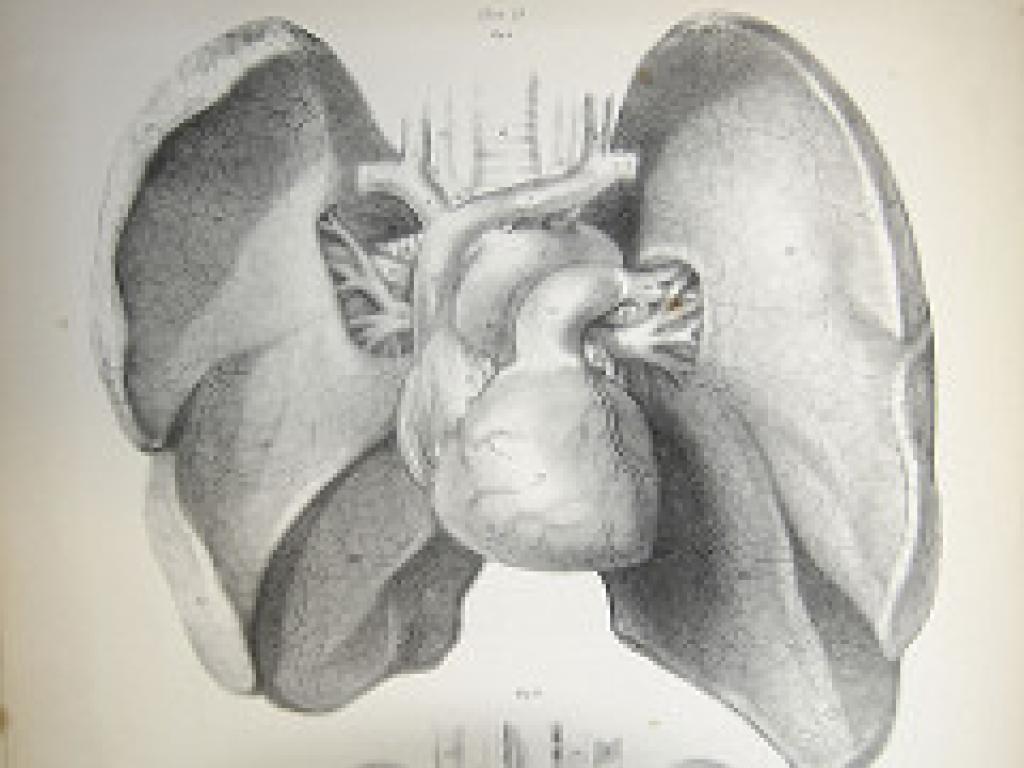Caffeine and long term lung function in premature babies

Caffeine, a methylxanthine, has previously been shown to reduce prematurity-associated apnoea and is widely use in the neonatal intensive care setting. It shortens the length of time that premature babies require assistance with breathing and reduces the incidence of bronchopulmonary dysplasia (which can lead to respiratory issues later on in life).
Doyle and colleagues followed up on 142 11-year olds who had previously participated in an international RCT called Caffeine for Apnea of Prematurity (CAP). Expiratory flows were significantly better in the caffeine group compared to the placebo group. Possible study limitations included that only expiratory flows were measured (and not other lung function tests) and that only participants from a single trial site were used. See the full abstract here.